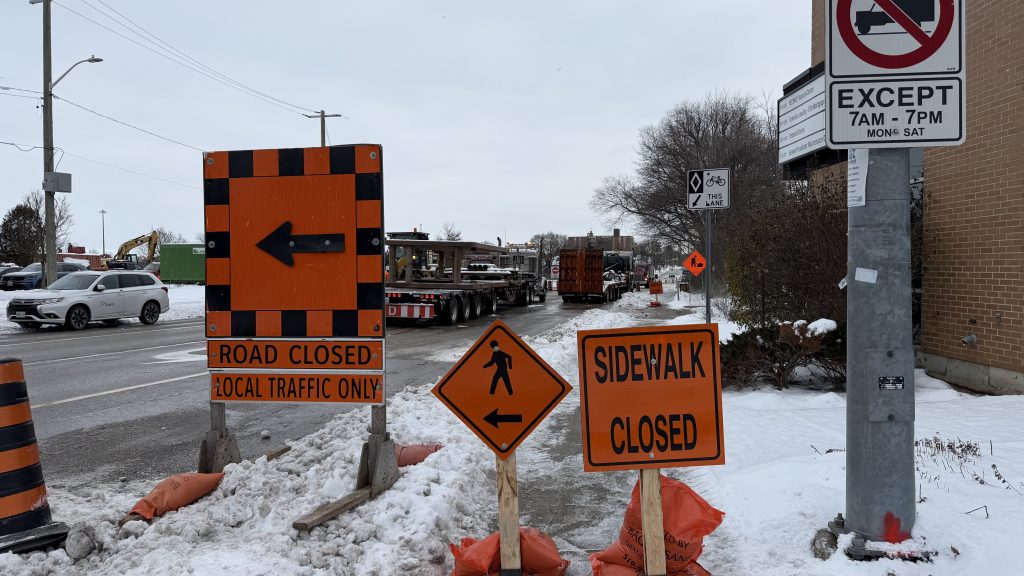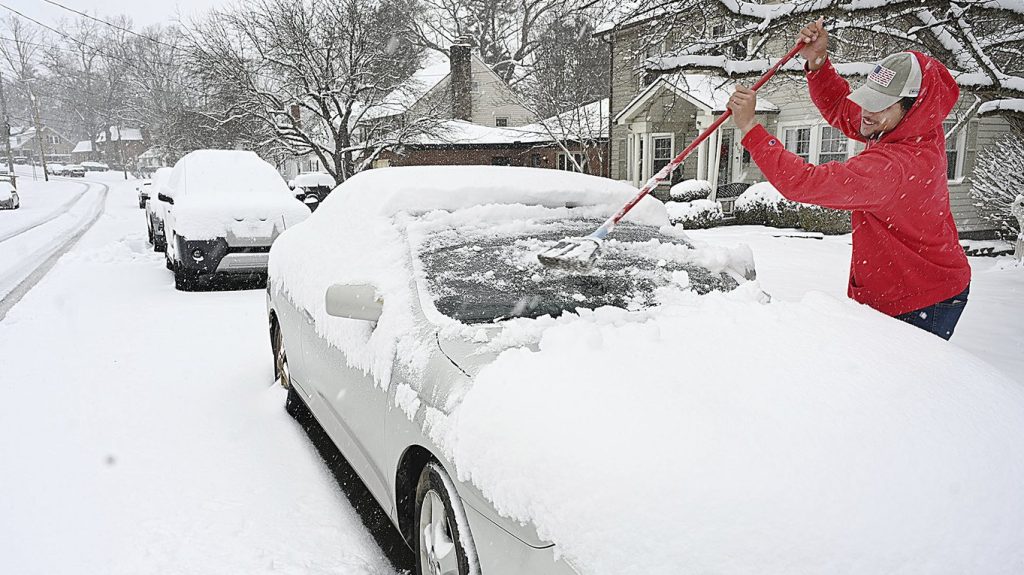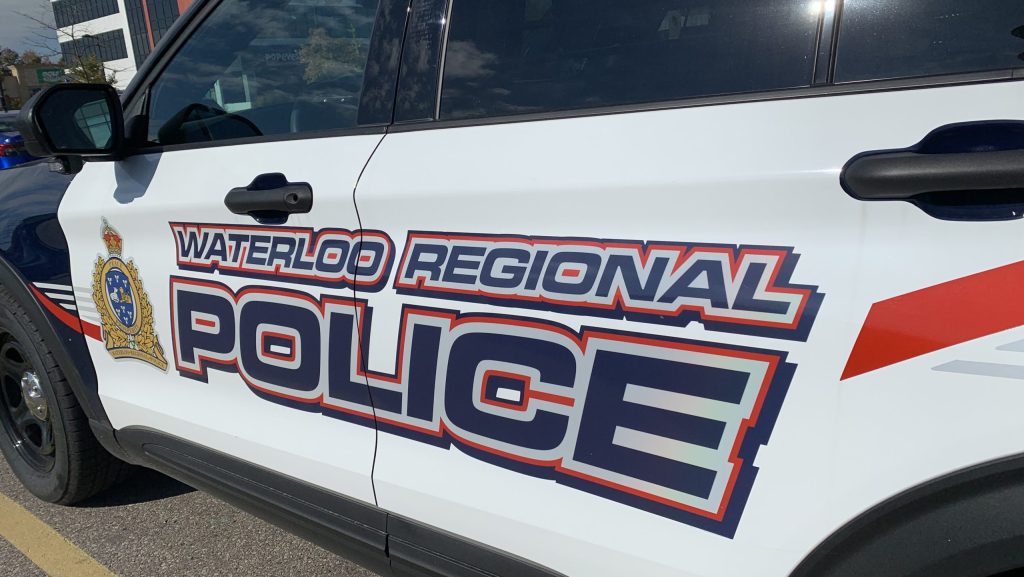COVID-19 detected in wastewater at two UW residences
Posted Sep 16, 2021 05:30:00 PM.
COVID-19 has been detected in wastewater at two University of Waterloo residences.
A post on the university's website said the locations are Ron Eydt Village and Village 1.
Chris Wilson-Smith is Director of Media Relations with UW.
He said the university recently launched a wastewater surveillance program; it involves sampling wastewater in four residence buildings, three times a week.
“It will be yet another tool to help our response and keep our community safe,” said Wilson-Smith. “[It's] a newer program that we put in place.”
Wilson-Smith said if COVID is detected in wastewater, messaging is sent out to students living in the affected residences.
“We are telling asymptomatic individuals who are not fully vaccinated, or have an exemption, that they have to take a rapid antigen test immediately. In addition to home testing kits provided to partially vaccinated students, testing is being offered at our Student Life Centre.”
Symptomatic individuals, whether they're vaccinated or not, will have to take a PCR test. Fully vaccinated individuals are not required to take a rapid antigen test, but must follow all pandemic safety recommendations.
Wilson-Smith said as of right now, the pilot program is focusing on four residences: Ron Eydt Village, Village 1, Mackenzie King Village, and UW Place.
The University of Waterloo also continues to work with the Region of Waterloo on COVID-19 wastewater surveillance.
“The work that has been carried out by University of Waterloo Professor Mark Servos and his team has been ongoing since the beginning of the pandemic,” explained Wilson-Smith. “This has been going on since they were awarded financial support from the province earlier this year to measure COVID-19 in municipal wastewater and providing rapid turnaround for more than 10 locations across Ontario.”
As for the new residence expansion, UW said while the information is communicated directly to impacted students, it will also still be published online in the name of transparency.
“We think it's important to be transparent about both the measures that we have in place, and how effective they've been in addition to measures implemented by the province, ” said Wilson-Smith. “We have gone beyond that, and we've taken advantage of our expertise and we want to show students and the community that we're doing everything we can to keep our community safe.”
Wilson-Smith added while the recent detection at Ron Eydt and Village 1 may seem like negative news, “It's not unexpected and in fact, it shows that the system is working and it's another layer of safety we can offer to students.”








